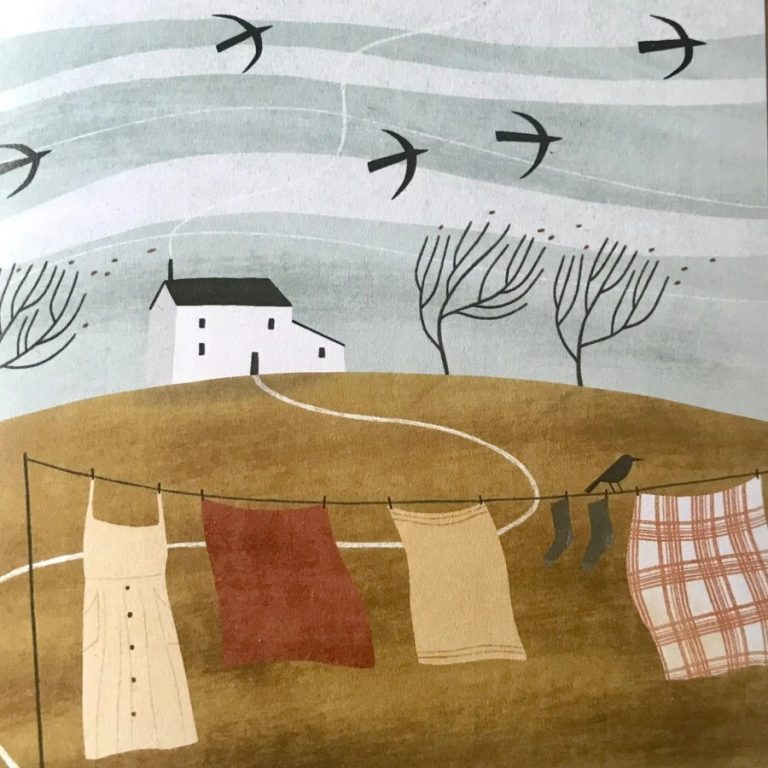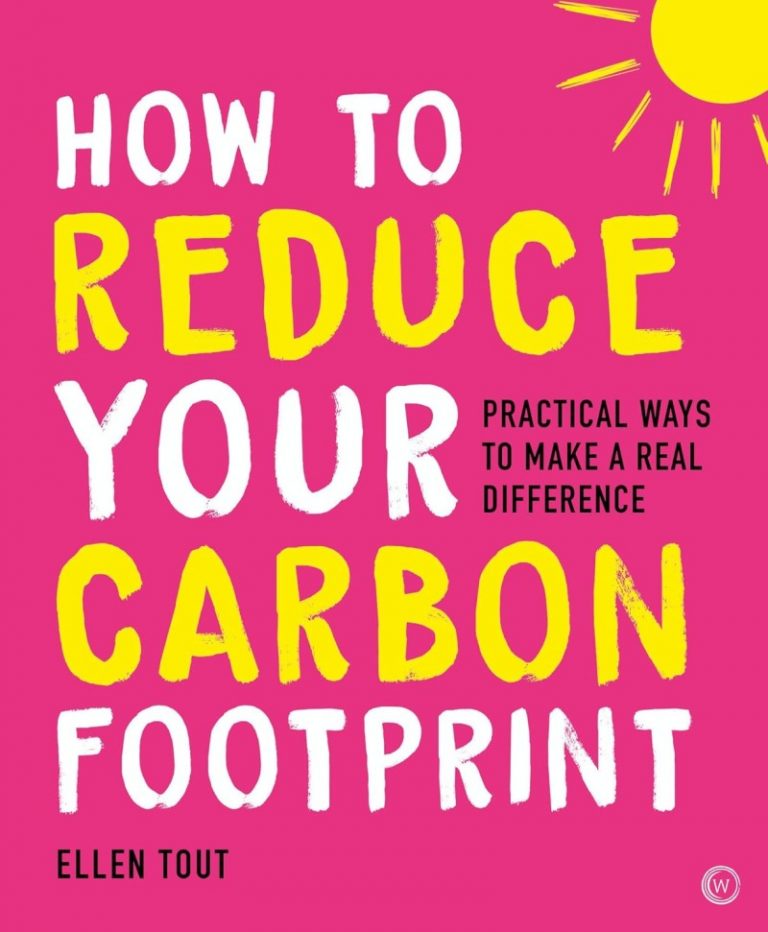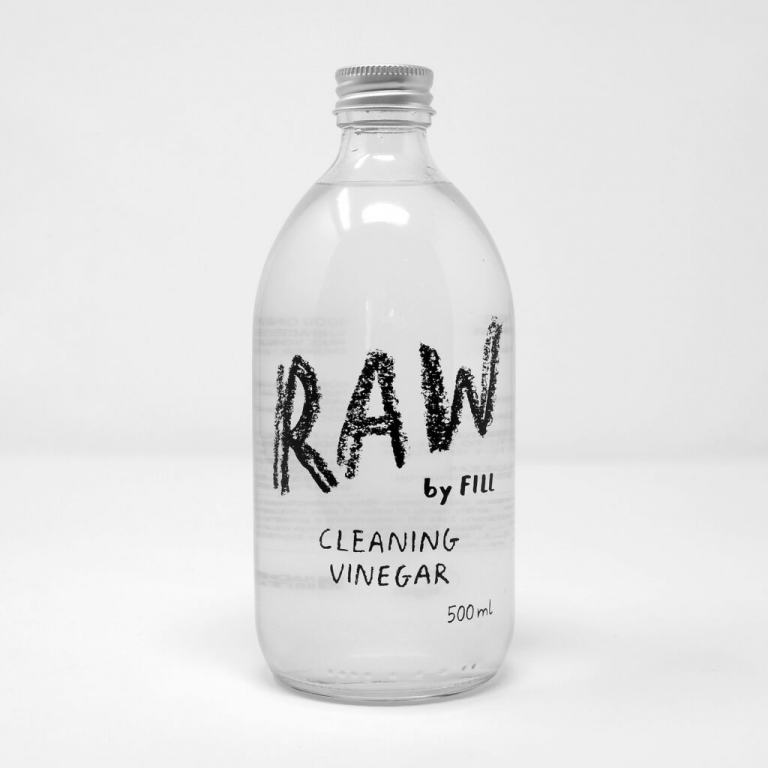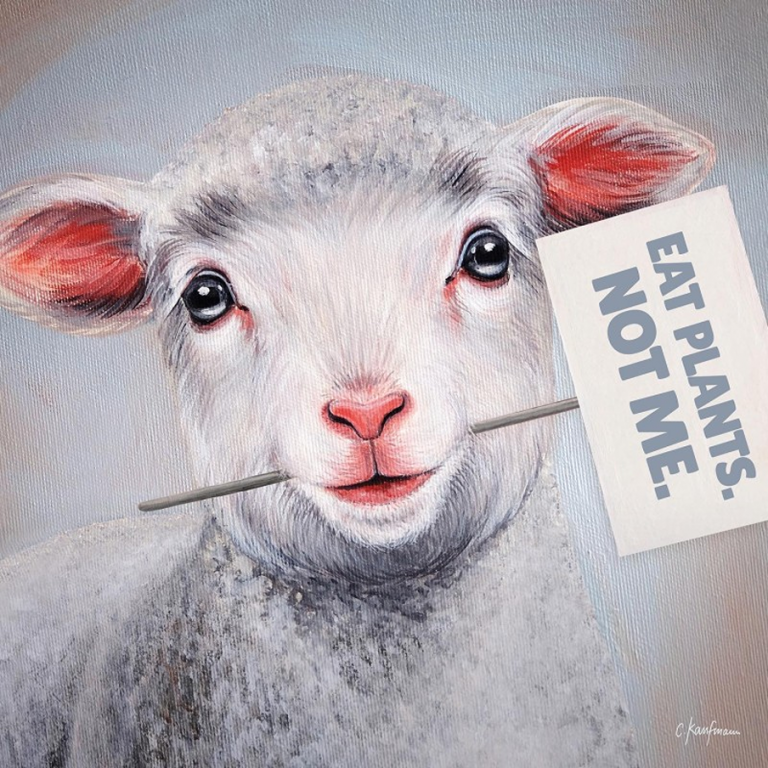
Organic food is no longer niche. It sits in everyday baskets, on weeknight plates, and in lunchboxes. The promise is simple, cleaner food and a lighter footprint. In Austria, that promise is backed by some of the toughest labelling rules in Europe. Clear standards mean shoppers can trust what they buy, and farmers who follow the rules see fair reward for their work.
What a difference!
Organic means production without synthetic pesticides, GMOs, or routine use of antibiotics. It also means strict limits on additives and careful handling from farm to shelf. Austria follows EU law, then adds extra checks, clear national labels, and strong consumer guidance.
The result is a market with high confidence and one of the largest shares of organic farmland in Europe, estimated at around a quarter of all agricultural land.
For places to eat, this travel blogger has a says Austria is one of the best places to eat plant-based food. Recently, one supermarket chain opened its Vienna branch – all vegan!
Features of Austria’s Organic Labelling
Austria aligns with the EU Organic Regulation, which sets out what counts as organic from seed to shelf. This includes rules on how crops are grown, how animals are kept, and how foods are processed and packed. The law bans GMOs and synthetic fertilisers, limits inputs, and protects animal welfare. If a product carries the EU organic leaf logo, at least 95 percent of its agricultural ingredients are organic.
Austria goes further with recognised marks that signal compliance at a glance. The red-white AMA seal and the AMA organic mark indicate robust controls that meet or exceed EU rules. The Bio Austria label, used by a large farmers’ association, sets even tighter criteria in some areas, for example feed origin or pasture access. These labels sit beside the green EU leaf, and together they form a trust signal that is hard to miss.
Control bodies in Austria are accredited to strict standards and are subject to national oversight. Every certified farm and processor receives at least one audit per year, with extra risk-based checks and random spot visits. Inspectors look at fields, storage, animal housing, records, and supply chain documents. Traceability is assessed from input purchase to final sale.
False claims meet stiff penalties. Products can be delisted, labels withdrawn, and fines imposed. In severe cases, authorities can suspend operations or refer matters for prosecution. This firm response keeps the label honest for the many who follow the rules.
What qualifies as organic in practice? Think of wheat grown without synthetic sprays, dairy cows with access to pasture and organic feed, or jam made with organic fruit and sugar with no artificial colours. For processed items, only certain natural additives are allowed, and non-organic ingredients are capped.
Certification Process for Organic Producers
Becoming certified in Austria follows a clear path:
- Application to an approved control body, with details on land, livestock, inputs, and processes.
- A conversion period, commonly two years for crops, where land transitions to organic methods before products can be sold as organic.
- Annual audits that cover fields, storage, animal welfare, and paperwork. Extra visits can occur without notice.
- Soil and residue testing where risk suggests it is needed.
- Full traceability, from seed lots and feed invoices to batch codes and delivery notes.
Synthetic pesticides and fertilisers are banned. Farmers use crop rotations, organic fertilisers, and biological controls. For animals, organic feed, space, outdoor access, and careful health management are key. For processors, allowed ingredients are limited, and cleaning methods must avoid contamination.
Common labels include the EU organic leaf, the AMA organic mark, and Bio Austria. Each one builds confidence by signalling independent checks. For shoppers, these marks cut down guesswork. For producers, they open the door to markets that pay a fair premium.
Differences from Other EU Countries
All EU countries follow the same base law, but Austria adds more layers of oversight. Compared with larger neighbours such as Germany or France, Austria often applies tighter national checks, broad use of national labels, and closer scrutiny of small supply chains. Animal welfare within organic systems receives special attention, including pasture time and space rules that go beyond the minimum.
Now that England has left the EU, it’s important that we learn from the best (Austria) to form our own easy-to-understand laws, for people, planet and animals.
Benefits of Strict Labelling for Consumers
Tough labels protect shoppers from vague claims. The term organic has legal meaning. When you see the EU leaf plus an Austrian mark, you can be confident it is not a marketing flourish. It signals checks at every stage and a clear chain of custody. That reduces greenwashing and builds trust over time.
Health is another benefit. Organic systems reduce exposure to synthetic pesticide residues in food. They also limit additives in processed products. For families, this can feel like a safer choice, especially for fruit, vegetables, and products consumed daily.
The environment gains as well. Organic farming supports soil life, boosts pollinators, and reduces water pollution. Crop diversity and careful rotations help farmland wildlife. With so much of Austria’s land under organic management, these gains add up across regions.
The economy also benefits. Clear labels allow fair premium pricing for farmers and small producers who follow the rules. Austria’s strict approach has supported a strong domestic market and reliable export reputation. When buyers trust the label, they are more willing to pay for it.
Organic has grown in Austria for years, supported by public awareness and national marks. While exact figures shift by season and sector, the pattern is steady. Strong rules and clear messages drive demand.
Future of Organic Labelling in Austria
Strict systems are not free of strain. Certification costs and paperwork can weigh on small farms. Weather extremes add risk to yields, and organic methods require patience and skill. Authorities must keep chasing fraud with up-to-date tools and cross-border checks.
Rules evolve as climate pressures rise. Expect updates on animal feed sourcing, water use, biodiversity metrics, and packaging waste. Digital traceability, such as QR codes linked to batch data, is likely to spread. Plant-based organic lines continue to grow, from grains and pulses to ready meals.
Austria is well placed to guide the next phase. High consumer trust, active national labels, and a strong base of organic land support progress. The goal is stable rules that protect trust and make certification workable for farms of all sizes.
Tips for Supporting Organic Practices
- Buy local organic where you can, and check for organic marks.
- Use apps or retailer filters that show certification details and control body numbers.
- Choose seasonal produce to support diverse rotations on farms.
- Ask simple questions at markets, like who certifies the farm and how often they are audited.
- Support small makers who are transparent about ingredients and methods. In personal care, for example, look for clear labels that list natural inputs, low-additive formulas, and honest claims about processing.
UK Food Labels (needs more work)
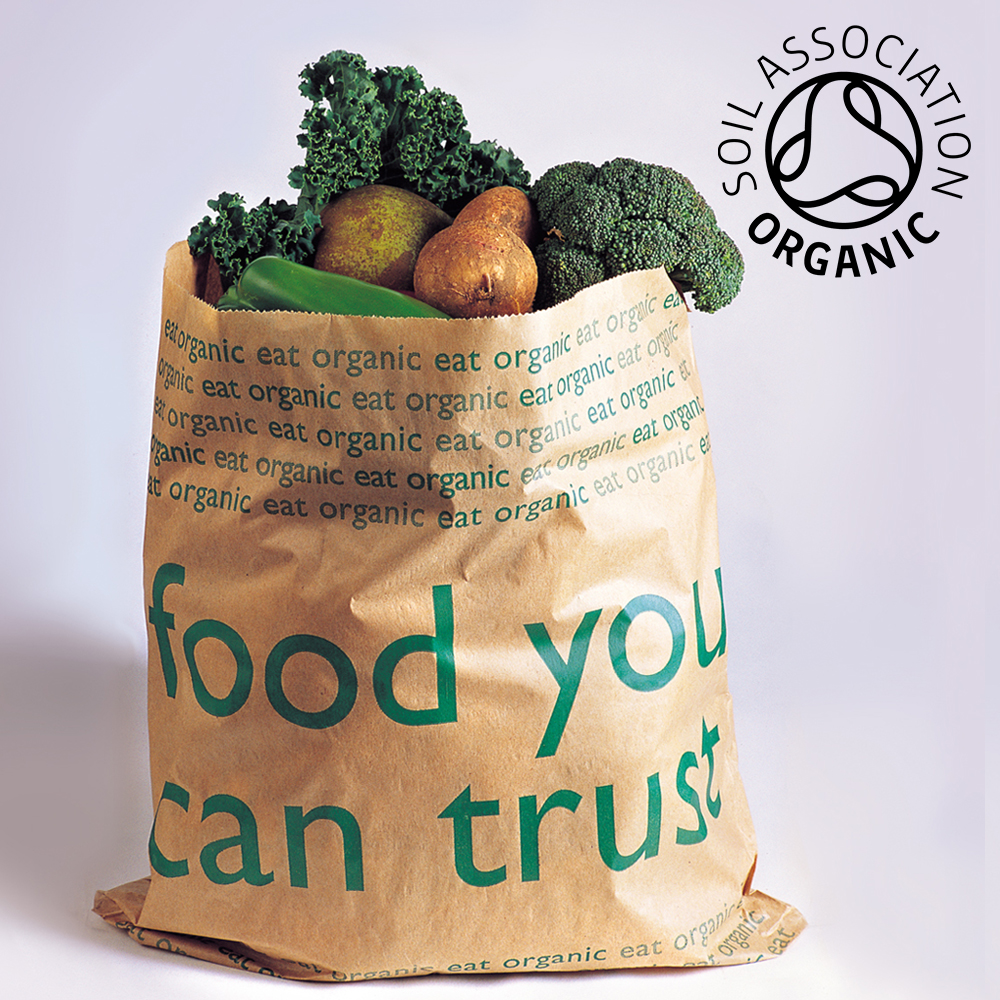
Soil Association has very strict laws for farming (The Wholesome Food Association used to offer a based-on-honesty affordable alternative, but it’s disappeared).
Brian May recently resigned as vice-president of the RPSCA as (although they do great emergency rescue work), there were appalling videos coming out of abattoirs that were ‘approved’ under welfare standards.
Major supermarkets have recently suspended (not cancelled) farms in Lincolnshire, where pigs were being killed (illegally) with blunt force trauma.
CIWF (Compassion in World Farming) wants its own six-tier labelling system, for people to know and trust which animals foods to buy. And of course you can buy vegan foods, but The Vegan Society even approves foods made with palm oil, which is harming orangutans (Greenpeace says there is no such thing as sustainable palm oil).
The best solution is to simply make your own food with real ingredients. If you do eat animal foods, buy from local organic farms. Red Tractor and ‘made in Britain’ means not much in welfare terms, other than it complies with the law.


